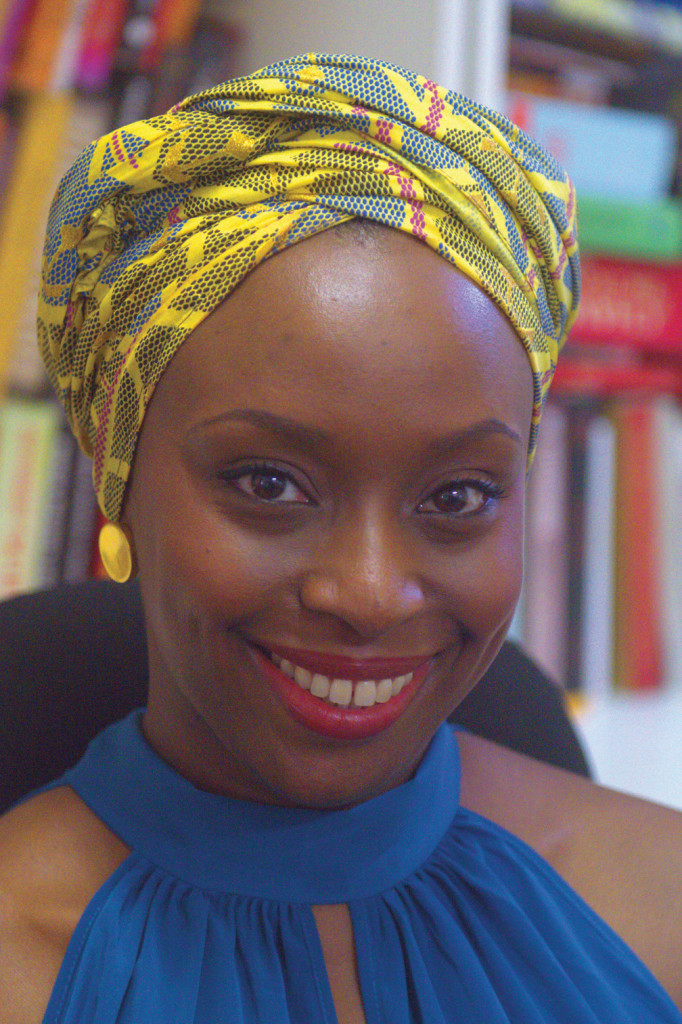AGENCE FRANCE-PRESSE
Nigeria’s Chimamanda Ngozi Adichie, author of the best-seller Half of a Yellow Sun, said writing a novel about the civil war that devastated her home region helped people connect with a past that most no longer discuss.
In October 2013, a month after the film based on the book premiered, Adichie, 36, reflected on the impact of the book about Nigeria’s 1967-1970 Biafran War, which left more than 1 million people dead after the writer’s home southeastern region tried to secede.
“I have heard from many people who have read Half of a Yellow Sun and said that the novel for them was an entry point into their history,” Adichie said.
She said her generation of Igbos, the majority ethnic group in the southeast, “grew up knowing that this terrible thing had happened and deeply affected our families,” but those who lived through the war did not talk about it. Her parents were lecturers at the University of Nigeria, Nsukka, the country’s first indigenous university founded shortly after independence from Britain in 1960.
“My mother would say, ‘I used to have this before the war,’ or my father talked a lot about his father, my grandfather, whom I never met because he died in 1969 in a refugee camp,” she said. “The war was always there. I knew ‘agha.’ ‘Agha’ is war [in Igbo]. There was always ‘agha.’ But I didn’t know the details.”
The novel, published in 2006, has sold 800,000 copies in English and has been translated into 35 other languages.
As for the film, which premiered at the Toronto International Film Festival on September 8, 2013, Adichie said she needed to stay away from the production “to preserve [her] sanity.”
“It’s a book I am very proud of, but it’s also a book that has a lot of emotional meaning for me. … Every page of that book matters to me,” she said.
Adichie’s latest novel, Americanah, published in May 2013, partly explores the nuances of American culture from the perspective of an African woman who is new to the country.

